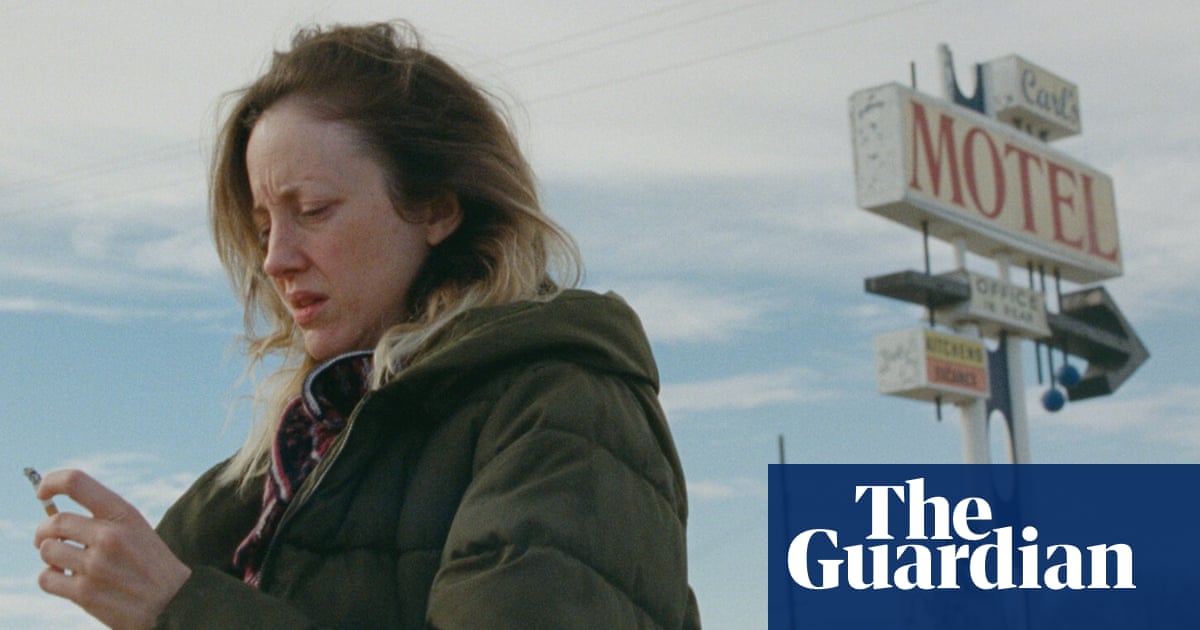
hen Robert McCrum asked PD James if she believed in original sin, she replied: “I don’t think we come into the world as unselfish, kind and loving. I think we come in as selfish little animals.” This bleak assessment won’t surprise anyone who has read A Taste for Death, a book in which almost all of the characters are despised by their creator. Early on, we encounter the alcoholic mother of a young boy called Darren. She is portrayed as physically and morally repulsive: “She was lying on her back, naked except for a short wrapover dressing gown from which one blue-veined breast had escaped and lay quivering like a jellyfish against the pink satin.” She snores “with small guttural sounds”, we’re told she stinks. What we’re not told is how and why she ended up in such a mess – because the person telling the story doesn’t seem to give a damn.
James shows more concern for her villain, but only to the extent that he is someone who must be stopped. Dominic Swayne, killer of the MP Berowne, is cartoonish in his evil, veering on ridiculous. Here he is deciding to spare the life of poor Darren: “The boy would be allowed to live. He savoured for one extraordinary moment a new sensation of power, and it seemed to him sweeter, more exhilarating than even the moment when he had finally turned to gaze down on Berowne’s body. This was what it felt like to be a god. He had the power to take life or to bestow it. And this time he had chosen to be merciful …”
It’s not just that he can’t be counted among standard, safe, decent human beings – he’s inhuman. When James isn’t showing him as a conceited god, she’s dropping vaguely homophobic hints about his home life with the “disgusting” Bruno (“with his huge half-naked chest on which a lucky charm, a silver goat’s head on a chain, moved repulsively among the hairs”). There’s one brief flash of sympathy for Swayne when he explains that his father forced him to take part in a paternity test, but even this is immediately dismissed with his usual overpitched arrogance: “He was a terrible man,” he says, “but I got my own back.” The result is as flat and empty.
Swayne is supposed to be a monster. Maybe my complaint about James’s writing is no more than that James did what she set out to do. But she doesn’t limit her opprobrium to addicts and murderers, she also ignores the humanity of the average person: those working in public housing, or community social workers (“whatever that might mean,” writes James, who sat in the House of Lords as a Conservative). Her contempt leads her to clumsy writing – bad writing, even. There’s an absurd scene where a lefty careers adviser tries to persuade a young would-be detective not to become a policewoman. The dialogue reaches its cringe crescendo when the adviser says: “I’m afraid, Kate, that recent research shows that walking in safety has little to do with the level of policing. Why not read the pamphlet in the library, ‘Policing the inner city: a socialist solution’?”
It isn’t just that the lefty-bashing feels so gratuitously plonked into the narrative, or that libraries in the 1980s (of which I was zealous aficionado) contained no such leaflets. It’s that there’s no sense in the book that characters like the careers adviser might have any interior life that matters.
The apogee of absurdity comes in the final pages, when the same Kate (yes, she did become a policewoman) is taken hostage by Swayne. “His voice was high, brittle,” we are told, “the eyes large and bright as if he were on drugs.” He doesn’t start swinging on the chandeliers, but only because there aren’t any; instead he smashes all the crockery while gloating about his previous murders. Such melodrama feels a long way from the cold, matter-of-fact opening.
I didn’t really mind making the long journey to this silly ending. There’s enough good storytelling to make the 600 pages zip by. There are a few moments of real horror and some enjoyably snobby passages about architecture and coffee. But there are just too many failures in empathy and credibility to make A Taste for Death at all convincing.












